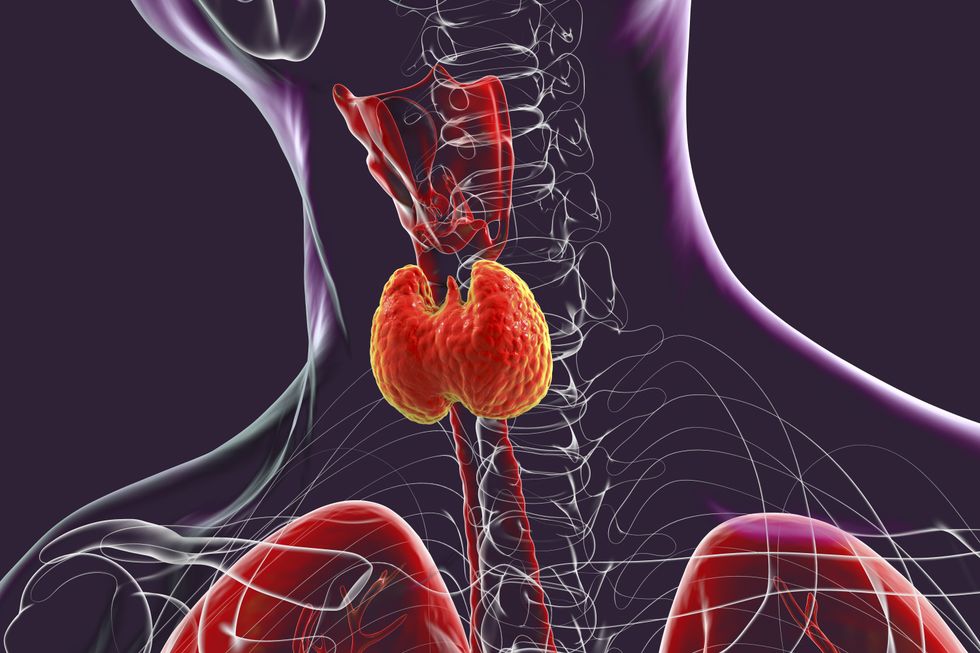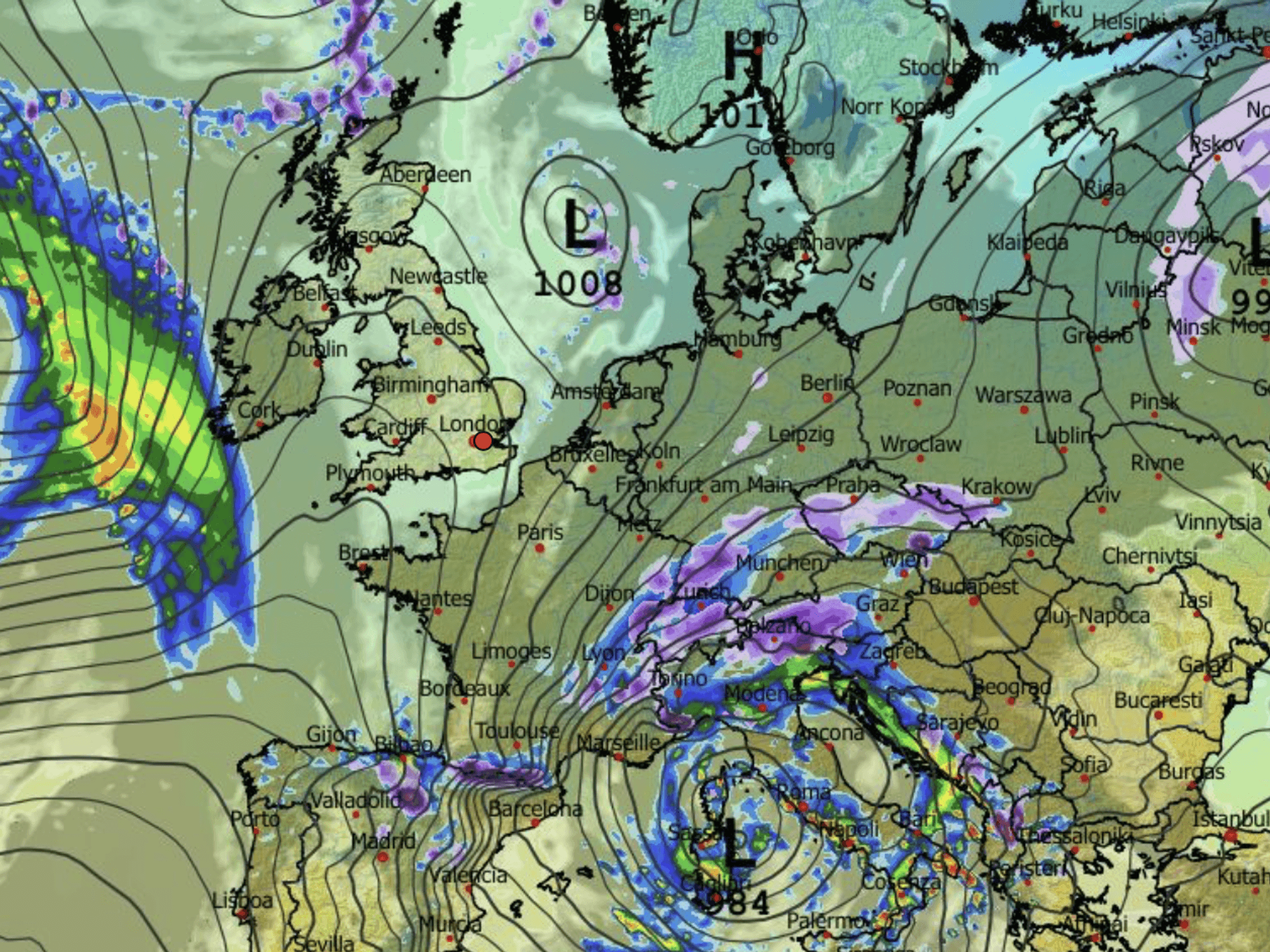Hypothyroidism warning as many 'wake up' with key signs of low levels but ignore red flags

The growing prevalence of hypothyroidism highlights a pressing need for greater awareness of the warning signs
Don't Miss
Most Read
Latest
Given the thyroid gland’s profound influence on every cell in the body, it’s no surprise it gets blamed for a litany of health issues.
Not everyone shares the same threshold of concern when it comes to minor niggles and pains, however. For hypothyroid patients, this means many cases go undetected.
During a discussion on the Cleveland Clinic’s Health Essentials podcast, endocrinologist Ossama Lashin, MD, PhD, stressed that early detection is key in managing the condition, highlighting the need for greater awareness of the warning signs.
“The thyroid gland is part of the endocrine system, and the endocrine system is a group of endocrine glands that manufacture and secrete hormones,” Dr Lashin explained.

Patients with hypothyroidism may experience cold extremities
|GETTY
“They spread through the body through the bloodstream and target organs and create a specific action. There are several hormones in the body, and each is tasked to perform a certain function.
“We always need the right amount of thyroid hormone; we don’t need too much, and we don’t want too little. Thyroid hormone is important for the optimal function of the body, it affects every cell in the body.”
Problematically, most presenting symptoms are non-specific and overlap with other conditions, including ones that don’t stem from medical problems. But this doesn’t mean they should be ignored.
But intolerance of the cold, consistent fatigue, and weight gain are key ways the small gland may become the source of widespread trouble, according to Dr Lashin.
When the thyroid is accused of making the body feel cold, this tends to be a sign that the body is struggling to maintain core temperature.
“It's mainly related to the fact that you do not have enough thyroid hormone in your system to keep your metabolic rate at the optimal level of energy production," Dr Lashin pointed out.
“So your core body temperature is getting low and consequently, as your body tries to maintain your core body temperature, it minimises heat loss as much as possible.”
This causes other vascular changes that leave the body feeling cold all the time, even in the summer.
“It would [have to be] a severe form of hypothyroidism to be feeling cold all the time,” added Dr Lashin.
Waking up tired is another tell-tale sign that characterises a wide range of conditions. “The reality is, an underactive or overactive thyroid hormone can cause fatigue, but different forms of fatigue,” Dr Lashin shared.
Thyroid fatigue is typically described as being slow to develop, leaving people barely able to lift themselves off the pillow in the morning.
LATEST DEVELOPMENTS

The butterfly-shaped gland has a profound effect on the body
|GETTY
As with most endocrine disorders, the symptoms of hypothyroidism will be gradual, persistent and progressive. These are some of the key elements patients should look for across their symptoms.
“Somebody who wakes up one morning tired, has a headache, their back hurts, their joint hurts, they don’t feel like doing anything today, all are nonspecific symptoms, and all can happen from abnormal thyroid hormone levels,” Dr Lashin noted. “But the majority of the time, it is not related to the thyroid hormone levels.”
“You need to go through that investigational route of seeing your primary care physician, making sure everything is right.
“I commonly advise my family members, my friends, my colleagues, people I know, not to dismiss anything. Even if it’s small, look into it.”











